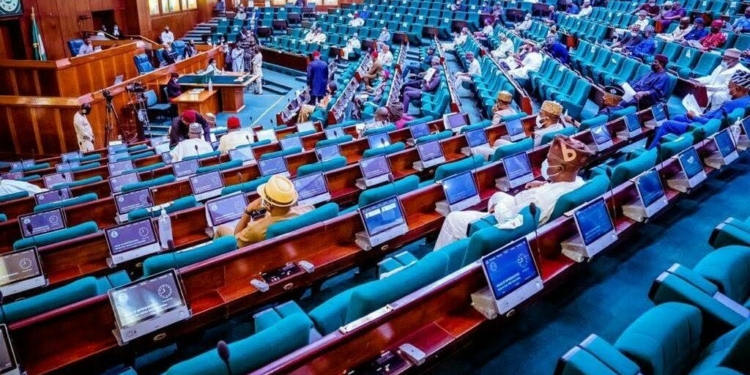- It also seeks to disrupt illegal wildlife trade by aligning with international treaties and increasing penalties for poachers and traffickers
The Nigerian government has taken a significant step towards combating wildlife trafficking with the public hearing of the Endangered Species Conservation and Protection Bill, 2024, held on Thursday at the House of Representatives.
The proposed legislation aims to strengthen Nigeria’s legal framework against wildlife crime by enhancing law enforcement, expanding investigative powers to include financial inquiries and intelligence operations, and expediting wildlife-related cases in court. It also seeks to disrupt illegal wildlife trade by aligning with international treaties and increasing penalties for poachers and traffickers.
During the public hearing, Ugbor, a key proponent of the bill, expressed optimism about the support the legislation has received. “I’m encouraged by the overwhelming support we received at the hearing, which shows how important this issue is for everyone, from members of the public to enforcement agencies and environmental groups,” he said.
“This Bill is about taking responsibility before it is too late, offering hope for our endangered species and the communities relying on ecosystems for their livelihoods,” Ugbor added.
Nigeria, home to a diverse array of wildlife including lions, elephants, and gorillas, faces severe threats to its biodiversity due to poaching, habitat destruction, and illegal wildlife trade. The country has also become a key transit hub for the trafficking of pangolin scales and ivory to international markets.
The hearing, jointly held by the House Committees on Treaties, Protocols, Agreements, and the Environment, was attended by representatives from government agencies, civil society, and environmental organisations.
The Endangered Species Conservation and Protection Bill, 2024, will now proceed to its third reading in the House of Representatives.








Discussion about this post